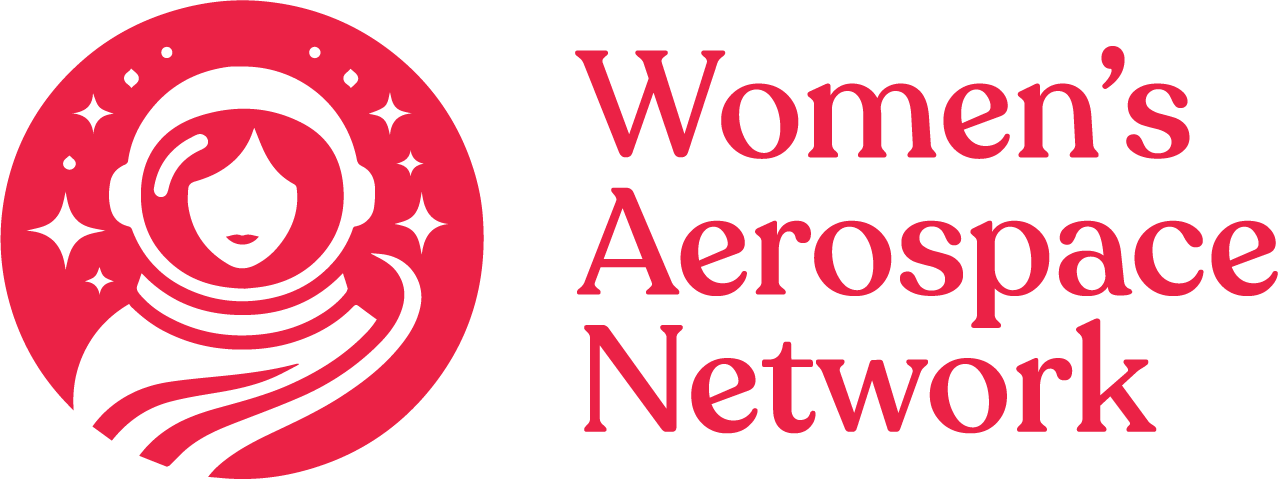Becoming an astronaut requires a combination of education and practical experience. NASA and other space agencies look for candidates with a diverse skill set and a proven track record in their respective fields. This section explores the professional experience requirements for aspiring astronauts, including pilot-in-command hours, related professional experience, and teaching experience.
Pilot-in-Command Hours
For those pursuing the path of a pilot astronaut, accumulating flight hours is crucial. NASA typically requires candidates to have at least 1,000 hours of pilot-in-command time in jet aircraft 8. This requirement ensures that aspiring astronauts have extensive experience in handling complex aircraft and making critical decisions under pressure.
Aspiring astronauts can gain these flight hours through various means:
• Military service, particularly in the air force • Flying commercial aircraft • Operating private aircraft under supervision
While the 1,000-hour requirement is specific to pilot astronaut positions, it's important to note that there are different paths to becoming an astronaut. Candidates from backgrounds in science, engineering, and medicine may not need to meet this specific flight hour requirement 8.
Related Professional Experience
For those not pursuing the pilot route, NASA requires at least three years of related professional experience in a STEM field 9. This experience should be obtained after completing a bachelor's degree in engineering, biological science, physical science, or mathematics.
To gain the required professional experience, aspiring astronauts can consider the following paths:
• Working in aerospace-related engineering or technology fields • Conducting research in relevant scientific disciplines • Participating in space-related projects or missions • Gaining experience in isolated or confined environments similar to space
It's worth noting that advanced degrees can substitute for some of the required experience. A master's degree is equivalent to one year of experience, while a doctoral degree can count for three years of experience 8.
Language Proficiency
Proficiency in Languages like Russian or Chinese is beneficial for space travellers, particularly those who want to work on the International Space Station (ISS). The ISS is a collaborative platform for astronauts from different countries’ space agencies, NASA, Roscosmos (Russia), ESA (Europe), JAXA (Japan), and CSA (Canada). Russian language is important as Roscosmos and nearly half of the ISS’s navigation operations, communication systems, and interactions with Russian astronauts are in it. Gaining control of another language improves collaboration, cultural sensitivity, and organizational performance which is important for the cross-cultural environment of space missions. With more than half of current space exploration projects under international cooperation, language skills make the astronaut better able to work with their international counterparts during long missions in the ISS and beyond.
Teaching Experience
Interestingly, NASA recognizes teaching experience as qualifying for the Astronaut Candidate position. This includes experience at the K-12 levels, provided the candidate has a degree in a Science, Engineering, or Mathematics field 8. This recognition opens up opportunities for educators who have a passion for space exploration and a strong background in STEM subjects.
The inclusion of teaching experience highlights the importance of communication and leadership skills in an astronaut's role. Astronauts often engage in public outreach and educational initiatives, making the ability to effectively communicate complex scientific concepts a valuable asset.
In addition to these specific requirements, aspiring astronauts should focus on developing skills that are crucial for teamwork and adaptability in space missions. These include:
• Strong leadership abilities • Excellent communication skills • The capacity to work effectively as part of a team • The ability to remain calm and make decisions under pressure
By combining the right educational background with relevant professional experience and essential soft skills, aspiring astronauts can take significant steps towards realizing their dream of exploring space. The journey to become an astronaut is challenging, but with dedication and the right preparation, it's a goal within reach for those passionate about space exploration.
